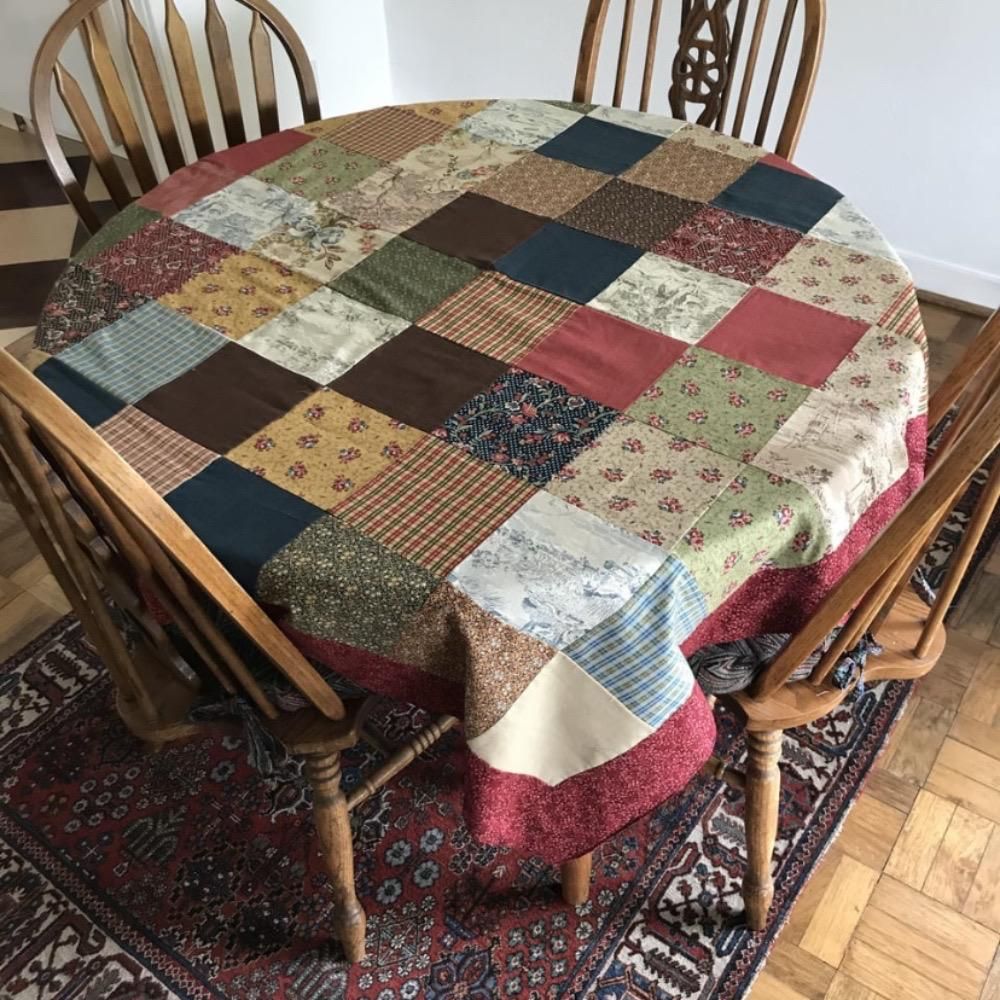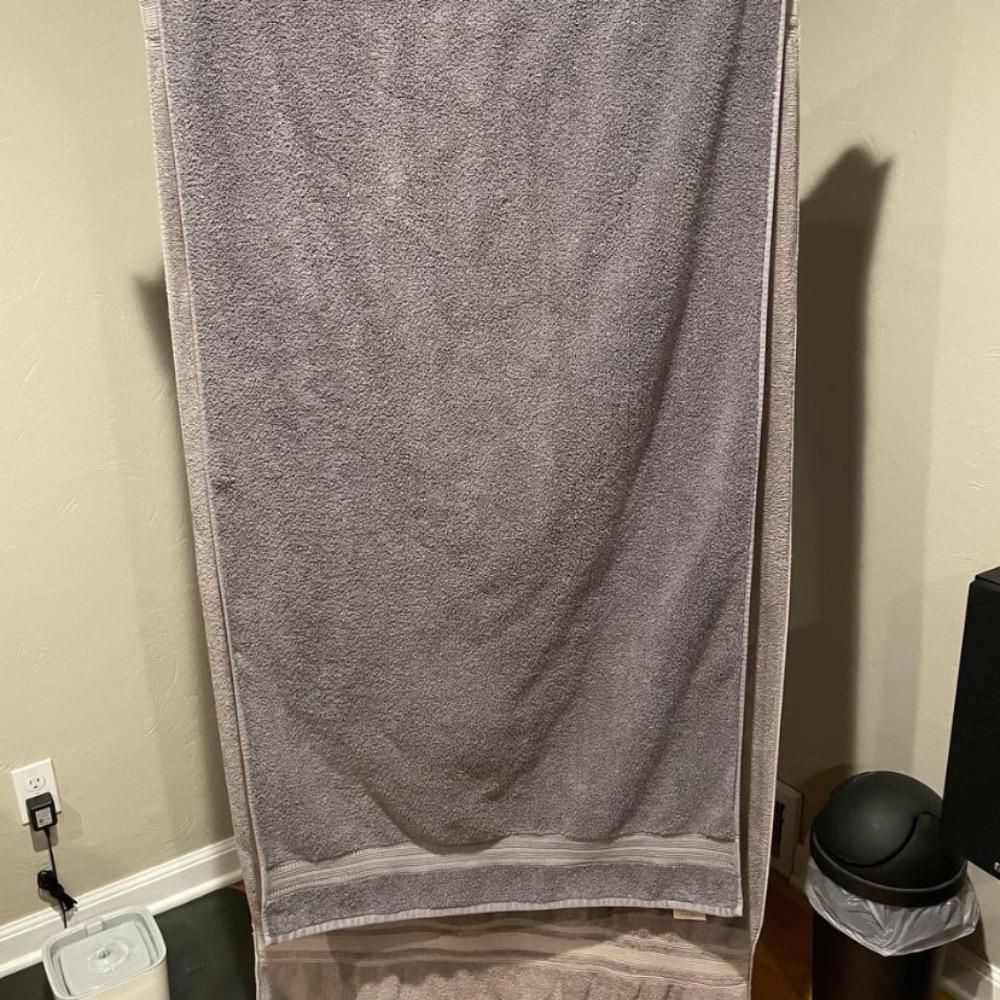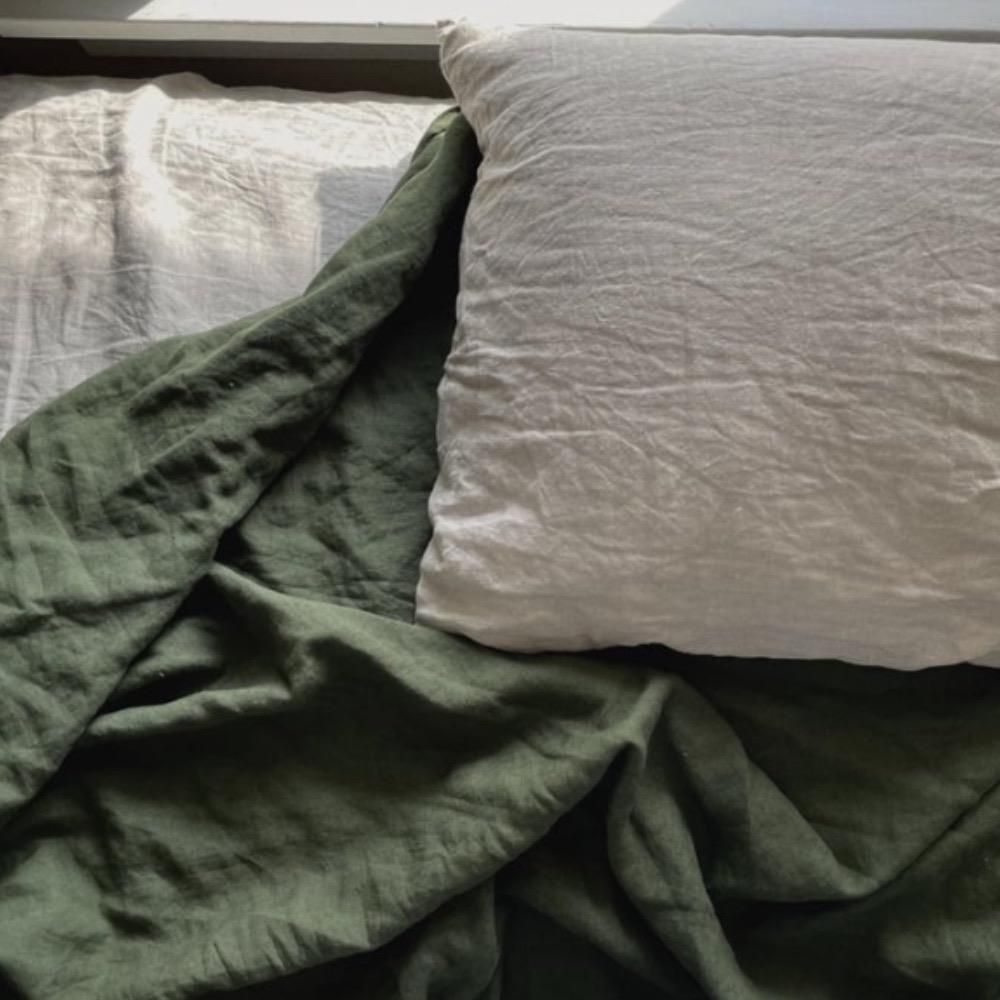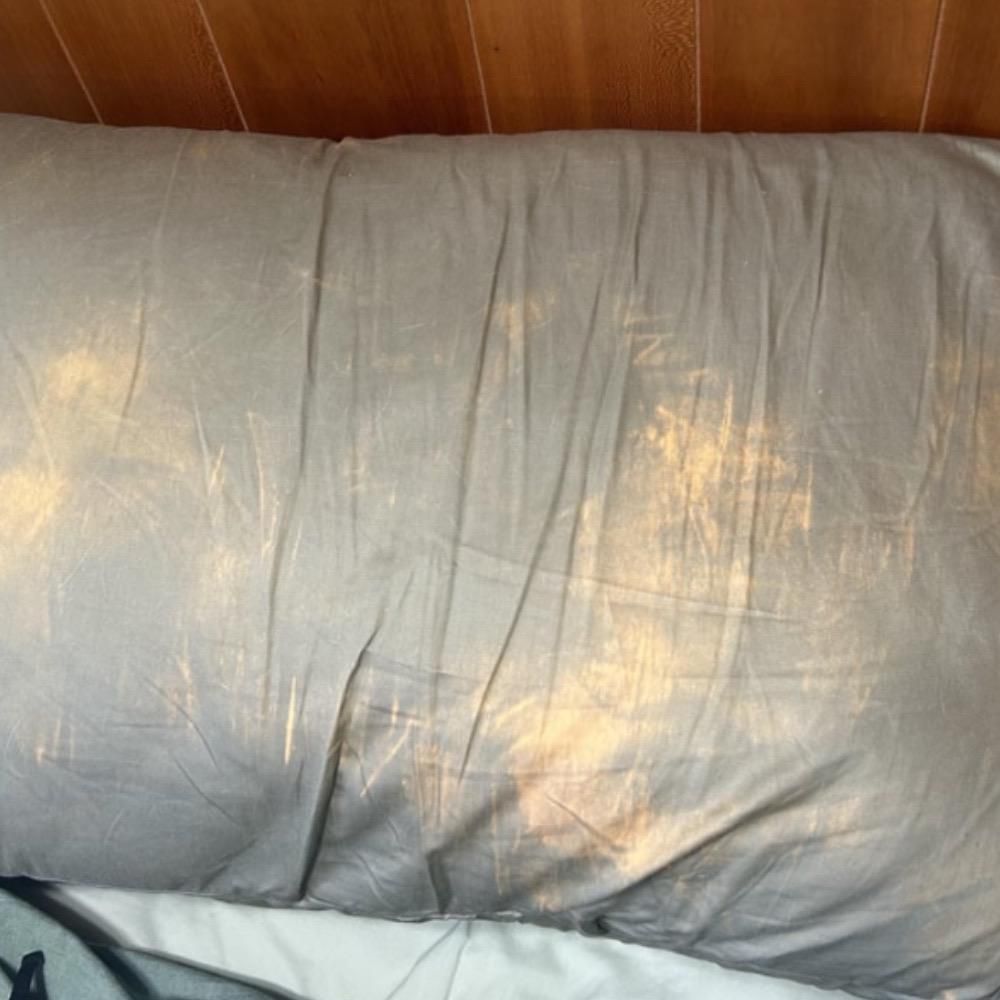30+ Household Items You’re Washing Too Much, and Why It’s Actually Bad for You
By Didi Atkins - May 12, 2025

Did you know that overwashing certain household items can do more harm than good? From wearing out fabrics to fostering bacteria, frequent cleaning isn’t always the healthiest or most practical choice. In this guide, we’ll uncover 30+ everyday items you might be cleaning too often, explain the hidden downsides, and share tips for smarter care. Save time, money, and effort while keeping your home fresh and functional!
Towels
Towels are essential household items, but washing them too often can wear down their fibers, reducing absorbency and softness. Overwashing, especially with hot water or harsh detergents, can weaken the fabric, causing them to fray or become threadbare prematurely.

Towels should ideally be washed after three to four uses to maintain cleanliness without accelerating wear and tear. Frequent washing also contributes to environmental strain, with increased water and energy usage. To prolong your towels’ lifespan, air-dry them after each use to prevent odors and mildew.


